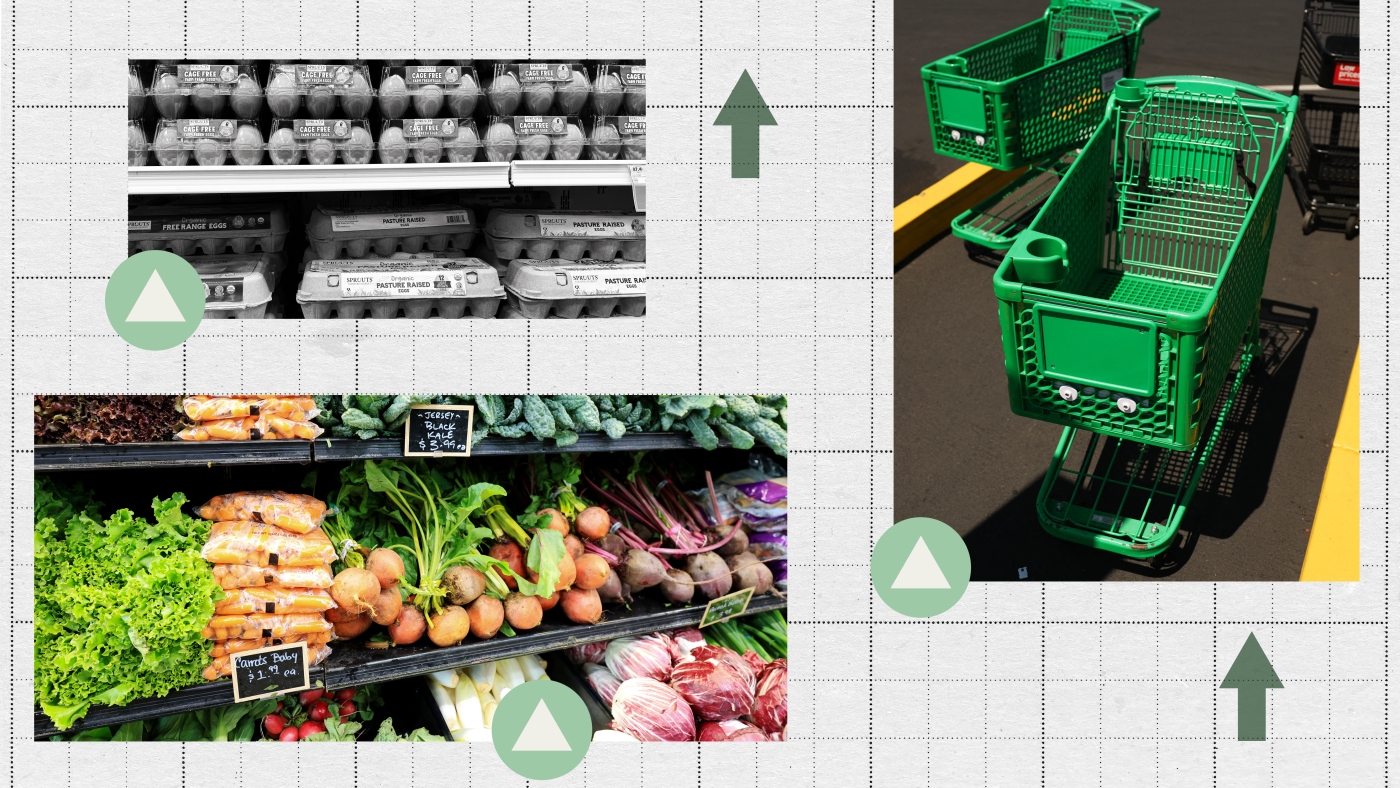
"The pandemic initially snarled supply chains as restaurants were shuttered and consumers suddenly had to prepare three meals at home each day. That was compounded in 2022 by Russia's invasion of Ukraine, which raised food prices around the world. Avian flu added to the more recent spike in egg prices. And now President Trump's tariffs are pushing up the price of imported foods like bananas and coffee."
""Like yesterday, we went to three different stores here in town. And we bought only what was a really good sale," Fields says. "So we got no meat at all. Because it's just too high." Fields and her husband are both retired nurses, and they're worried about outliving their savings. "We're not going hungry," she says. "We just have anxiety over this. And anxiety about our kids and our grandkids."
"A survey this summer by The Associated Press and NORC found the cost of groceries has become a major source of stress for just over half of all Americans outpacing rent, health care and student debt. What are people doing about it? Rebecca White, who works at a bank in Cincinnati, says her paycheck has not kept pace with her rising grocery bills."
Grocery prices increased 29% since February 2020, according to the Bureau of Labor Statistics. Pandemic-related supply chain disruptions and a shift to home cooking raised demand and strained distribution. Russia's 2022 invasion of Ukraine pushed global food prices higher, and avian flu contributed to rising egg costs. Tariffs on imports have increased prices for items like bananas and coffee. Last month saw the largest grocery price jump in almost three years. Many shoppers are visiting multiple stores and buying only sale items, while surveys show grocery costs are a top source of stress for over half of Americans.
Read at www.npr.org
Unable to calculate read time
Collection
[
|
...
]